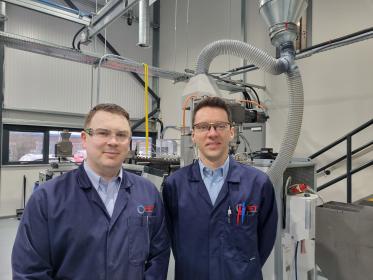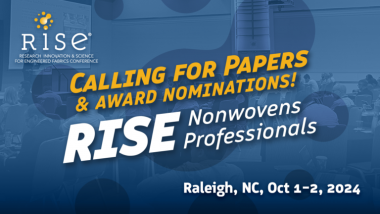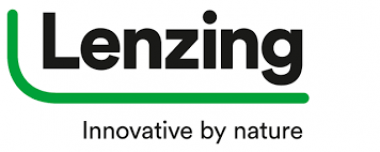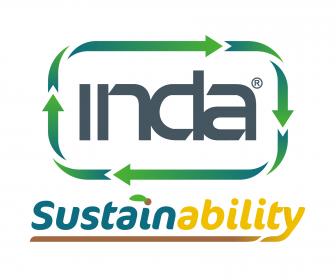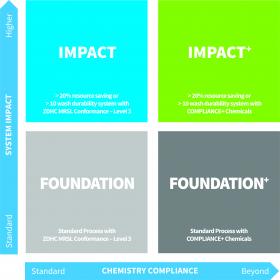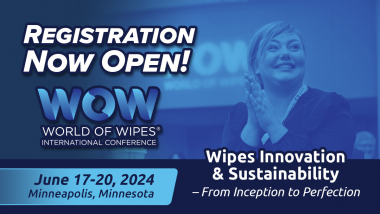Browzwear adds complete Color Atlas by Archroma® library
Archroma and Browzwear, a company of 3D digital solutions for the fashion industry, have expanded their partnership to bring the complete Color Atlas by Archroma® library of colors to Browzwear’s VSticher, Lotta and Stylezone platforms.
Designers will now have access to a total of 5,760 color references, with 1,440 colors for polyester added to Browzwear’s existing color library of 4,320 Color Atlas colors for cotton poplin. This will support them to collaborate across the entire supply chain, ensuring color consistency from digital design to production for cotton, polyester and blends.
Crucially, the color references in the Color Atlas by Archroma® have been formulated to comply with leading international eco-standards, allowing designers to select dyes and finishes that meet their desired sustainability profile. Each color is available as a physical color standard that includes precise dyeing recipes and compliance data, as well as access to expert technical support from Archroma around the world.
Archroma

















